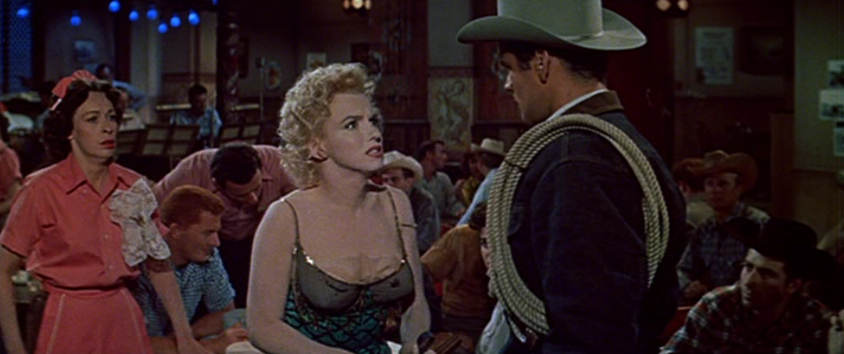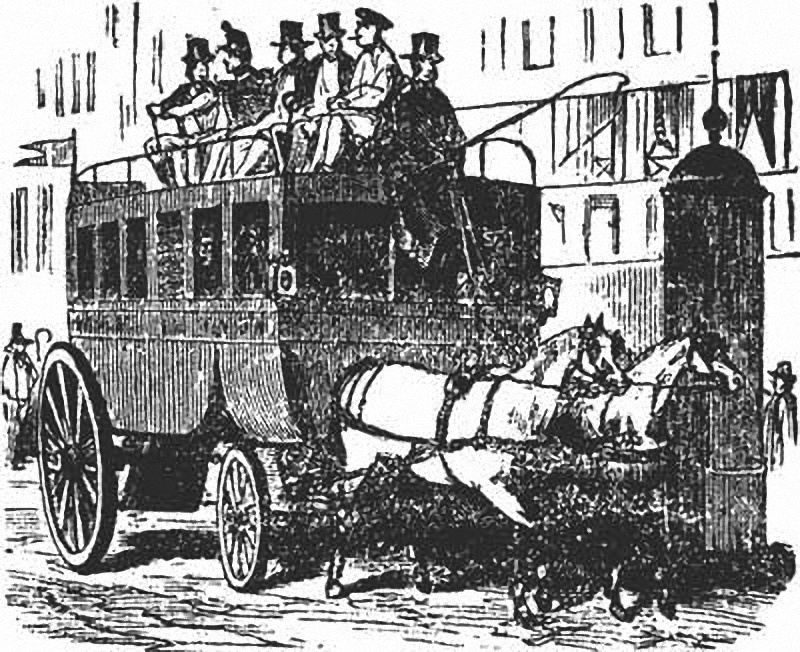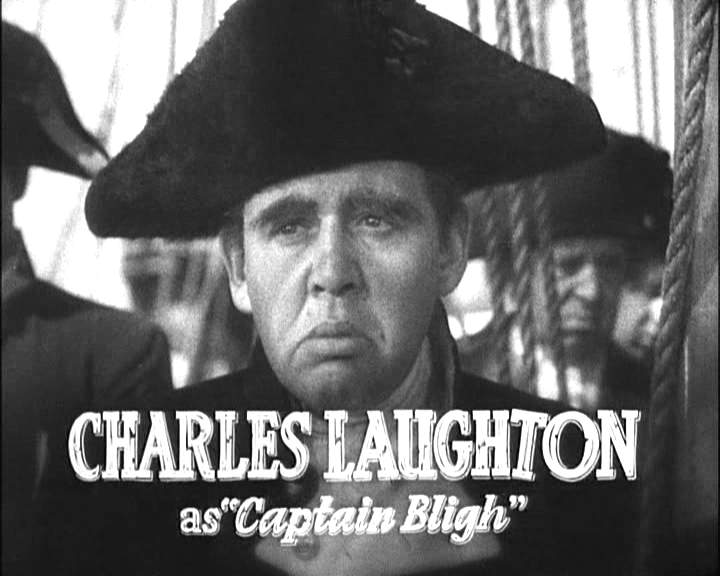|
Arthur O'Connell
Arthur Joseph O'Connell (March 29, 1908 – May 18, 1981) was an American stage, film and television actor, who achieved prominence in character roles in the 1950s. He was nominated for the Academy Award for Best Supporting Actor for both ''Picnic'' (1955) and ''Anatomy of a Murder'' (1959). Early life Arthur O'Connell was born to Julia (née Byrne) & Michael O'Connell on March 29, 1908, in Manhattan, New York. His father died when O'Connell was two; he lost his mother when he was 12. He was the youngest of four children. His siblings were William, Kathleen, and Juliette. William, the eldest, became a justice of the New York State Supreme Court and died in 1972. After his father's death, Arthur was sent to live in Flushing, New York with his mother's sister, Mrs. Charles Koetzner, while his sisters moved in with other relatives and William remained with his mother. Arthur attended St John's College for two years. His early jobs included working in the engineering department ... [...More Info...] [...Related Items...] OR: [Wikipedia] [Google] [Baidu] |
Bus Stop (1956 Film)
''Bus Stop'' is a 1956 American Romance film, romantic comedy-drama film directed by Joshua Logan for 20th Century Fox, starring Marilyn Monroe, Don Murray (actor), Don Murray, Arthur O'Connell, Betty Field, Eileen Heckart, Robert Bray, and Hope Lange. Unlike most of Monroe's films, ''Bus Stop'' is neither a full-fledged comedy nor a musical, but rather a dramatic piece; it was the first film she appeared in after studying at the Actors Studio in New York. Monroe does, however, sing one song: "That Old Black Magic (song), That Old Black Magic" by Harold Arlen and Johnny Mercer. ''Bus Stop'' was based on the 1955 play Bus Stop (play), of the same title (which in turn was expanded from an earlier, one act play ''People in the Wind'') by William Inge. The inspiration for the play came from people Inge met in Tonganoxie, Kansas. In the 1961–62 season, American Broadcasting Company, ABC adapted the play and film into a Bus Stop (TV series), television series of the same name starri ... [...More Info...] [...Related Items...] OR: [Wikipedia] [Google] [Baidu] |
Sanatorium
A sanatorium (from Latin '' sānāre'' 'to heal, make healthy'), also sanitarium or sanitorium, are antiquated names for specialised hospitals, for the treatment of specific diseases, related ailments and convalescence. Sanatoriums are often located in a healthy climate, usually in the countryside. The idea of healing was an important reason for the historical wave of establishments of sanatoriums, especially at the end of the 19th- and early 20th centuries. One sought for instance the healing of consumptives, especially tuberculosis (before the discovery of antibiotics) or alcoholism, but also of more obscure addictions and longings, of hysteria, masturbation, fatigue and emotional exhaustion. Facility operators were often charitable associations such as the Order of St. John and the newly founded social welfare insurance companies. Sanatoriums should not be confused with the Russian sanatoriums from the time of the Soviet Union, which were a type of sanatorium resort r ... [...More Info...] [...Related Items...] OR: [Wikipedia] [Google] [Baidu] |
Broadway Theatre
Broadway theatre,Although ''theater'' is generally the spelling for this common noun in the United States (see American and British English spelling differences), 130 of the 144 extant and extinct Broadway venues use (used) the spelling ''Theatre'' as the proper noun in their names (12 others used neither), with many performers and trade groups for live dramatic presentations also using the spelling ''theatre''. or Broadway, are the theatrical performances presented in the 41 professional theatres, each with 500 or more seats, located in the Theater District and the Lincoln Center along Broadway, in Midtown Manhattan, New York City. Broadway and London's West End together represent the highest commercial level of live theater in the English-speaking world. While the thoroughfare is eponymous with the district and its collection of 41 theaters, and it is also closely identified with Times Square, only three of the theaters are located on Broadway itself (namely the Broadwa ... [...More Info...] [...Related Items...] OR: [Wikipedia] [Google] [Baidu] |
Bus Stop Trailer Screenshot 3
A bus (contracted from omnibus, with variants multibus, motorbus, autobus, etc.) is a road vehicle that carries significantly more passengers than an average car or van. It is most commonly used in public transport, but is also in use for charter purposes, or through private ownership. Although the average bus carries between 30 and 100 passengers, some buses have a capacity of up to 300 passengers. The most common type is the single-deck rigid bus, with double-decker and articulated buses carrying larger loads, and midibuses and minibuses carrying smaller loads. Coaches are used for longer-distance services. Many types of buses, such as city transit buses and inter-city coaches, charge a fare. Other types, such as elementary or secondary school buses or shuttle buses within a post-secondary education campus, are free. In many jurisdictions, bus drivers require a special large vehicle licence above and beyond a regular driving licence. Buses may be used for scheduled bus t ... [...More Info...] [...Related Items...] OR: [Wikipedia] [Google] [Baidu] |
State Of The Union (film)
The State of the Union Address (sometimes abbreviated to SOTU) is an annual message delivered by the president of the United States to a joint session of the United States Congress near the beginning of each calendar year on the current condition of the nation. The State of the Union Address generally includes reports on the nation's budget, economy, news, agenda, achievements and the president's priorities and legislative proposals. The address fulfills the requirement in Article II, Section 3, Clause 1 of the U.S. Constitution for the president to periodically "give to the Congress Information of the State of the Union, and recommend to their Consideration such measures as he shall judge necessary and expedient." During most of the country's first century, the president primarily submitted only a written report to Congress. After 1913, Woodrow Wilson, the 28th U.S. president, began the regular practice of delivering the address to Congress in person as a way to rally support ... [...More Info...] [...Related Items...] OR: [Wikipedia] [Google] [Baidu] |
The Naked City
''The Naked City'' (aka ''Naked City'') is a 1948 American film noir directed by Jules Dassin, starring Barry Fitzgerald, Howard Duff, Dorothy Hart and Don Taylor. The film, shot almost entirely on location in New York City, depicts the police investigation that follows the murder of a young model. ''Naked City'' received two Academy Awards, one for cinematography for William H. Daniels and another for film editing to Paul Weatherwax. In 2007, the film was selected for preservation in the United States National Film Registry by the Library of Congress as being "culturally, historically, or aesthetically significant". Plot In the late hours of a hot New York summer night, a pair of men subdue and kill Jean Dexter, an ex-model, by knocking her out with chloroform and drowning her in her bathtub. When one of the murderers gets conscience-stricken while drunk, the other kills him and throws his body into the East River. Homicide Detective Lt. Dan Muldoon and his young associate ... [...More Info...] [...Related Items...] OR: [Wikipedia] [Google] [Baidu] |
Charles Laughton
Charles Laughton (1 July 1899 – 15 December 1962) was a British actor. He was trained in London at the Royal Academy of Dramatic Art and first appeared professionally on the stage in 1926. In 1927, he was cast in a play with his future wife Elsa Lanchester, with whom he lived and worked until his death. He played a wide range of classical and modern parts, making an impact in Shakespeare at the Old Vic. His film career took him to Broadway and then Hollywood, but he also collaborated with Alexander Korda on notable British films of the era, including ''The Private Life of Henry VIII'', for which he won the Academy Award for Best Actor for his portrayal of the title character. He portrayed everything from monsters and misfits to kings. Among Laughton's biggest film hits were ''The Barretts of Wimpole Street'', ''Mutiny on the Bounty'', ''Ruggles of Red Gap'', ''Jamaica Inn'', ''The Hunchback of Notre Dame'', ''The Big Clock'', and ''Witness for the Prosecution''. Daniel D ... [...More Info...] [...Related Items...] OR: [Wikipedia] [Google] [Baidu] |
Little Theatre Movement
As the new medium of cinema was beginning to replace theater as a source of large-scale spectacle, the Little Theatre Movement developed in the United States around 1912. The Little Theatre Movement served to provide experimental centers for the dramatic arts, free from the standard production mechanisms used in prominent commercial theaters. In several large cities, beginning with Chicago, Boston, Seattle, and Detroit, companies formed to produce more intimate, non-commercial, non-profit-centered, and reform-minded entertainments. History Conventional theater in 19th-century America Sensational melodramas had entertained theatre audiences since the mid-19th century, drawing larger and larger audiences.Watt, Stephen and Richardson, Gary (ed.), ''American Drama: Colonial to Contemporary''. Cambridge, MA: Heinle & Heinle, pp. 147–150. . These types of formulaic works could be produced over and over again in splendid halls in big cities and by touring companies in smaller ones. Durin ... [...More Info...] [...Related Items...] OR: [Wikipedia] [Google] [Baidu] |
Signal Corps (United States Army)
) , colors = Orange and white , colors_label = Corps colors , march = , mascot = , equipment = , equipment_label = , battles = , anniversaries = 21 June 1860 , decorations = , battle_honours = , notable_commanders = BG Albert J. Myer BG Adolphus Greely , identification_symbol = , identification_symbol_label = Branch insignia , identification_symbol_2 = , identification_symbol_2_label = Regimental insignia , current_commander = , current_commander_label = , ceremonial_chief = Colonel Paul D. Howard , ceremonial_chief_label = Chief of Signal , command_sergeant_major = CSM Darien D. Lawshea , command_sergeant_major_label = Sergeant Major of the Regiment The United States Army Signal Corps (U ... [...More Info...] [...Related Items...] OR: [Wikipedia] [Google] [Baidu] |
Leon Errol
Leon Errol (born Leonce Errol Sims, July 3, 1881 – October 12, 1951) was an Australian-American comedian and actor in the United States, popular in the first half of the 20th century for his appearances in vaudeville, on Broadway, and in films. Early years Born in Sydney to Joseph and Elizabeth Sims. Errol studied medicine at the University of Sydney. When he wrote material for, directed, and acted in the university's annual play, his interests changed to entertaining. Career Errol toured Australia, New Zealand and Great Britain and Ireland in a variety of theatrical settings, including circuses, operettas, and Shakespeare. According to his petition for naturalization (1914), he first came to the United States in 1898, having arrived at the Port of San Francisco. By 1905, in Portland, Oregon, he managed a touring vaudeville company troupe, giving an early boost to the career of a young comedian named Roscoe Arbuckle. In 1908, he made the United States his home. By 1911 Errol ... [...More Info...] [...Related Items...] OR: [Wikipedia] [Google] [Baidu] |
Citizen Kane
''Citizen Kane'' is a 1941 American drama film produced by, directed by, and starring Orson Welles. He also co-wrote the screenplay with Herman J. Mankiewicz. The picture was Welles' first feature film. ''Citizen Kane'' is frequently cited as the greatest film ever made. The ''Sight & Sound'' Poll of the Greatest Films of All Time * * * * * * * * * * * * * * * For 50 consecutive years, it stood at number 1 in the British Film Institute's ''Sight & Sound'' decennial poll of critics, and it topped the American Film Institute's 100 Years ... 100 Movies list in 1998, as well as its 2007 update. The film was nominated for Academy Awards in nine categories and it won for Best Writing (Original Screenplay) by Mankiewicz and Welles. ''Citizen Kane'' is praised for Gregg Toland's cinematography, Robert Wise's editing, Bernard Herrmann's music, and its narrative structure, all of which have been considered innovative and precedent-setting. The quasi-biographi ... [...More Info...] [...Related Items...] OR: [Wikipedia] [Google] [Baidu] |
Freshman Year (film)
''Freshman Year'' is a 1938 film, notable as the uncredited film debut of actor Arthur O'Connell. at References External links ''Freshman Year'' at ''Freshman Year'' at |






_-_1.jpg)
